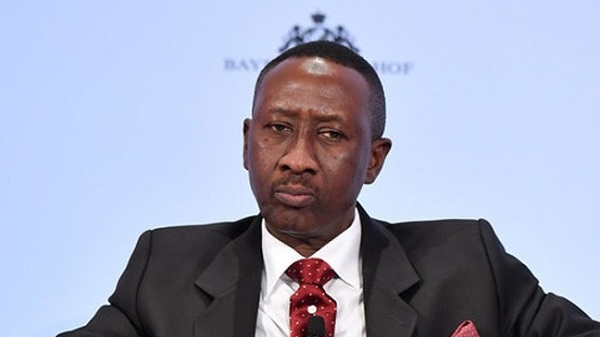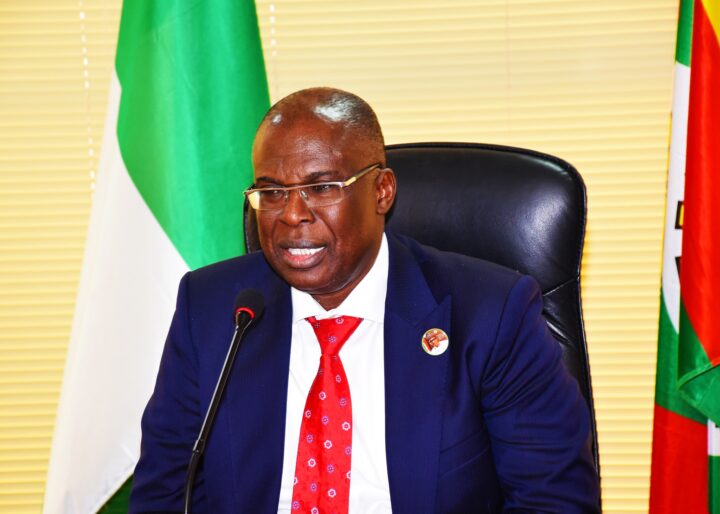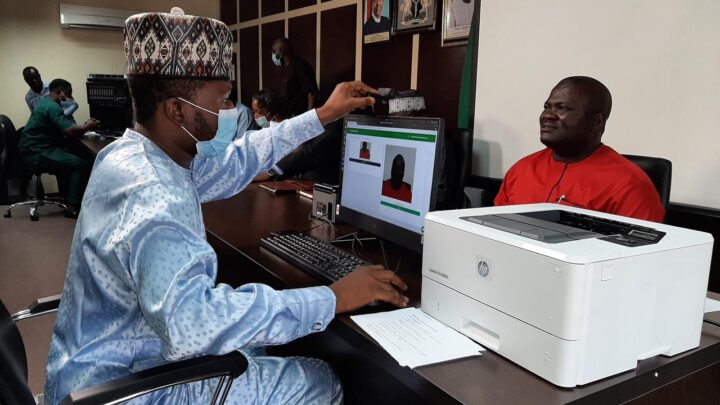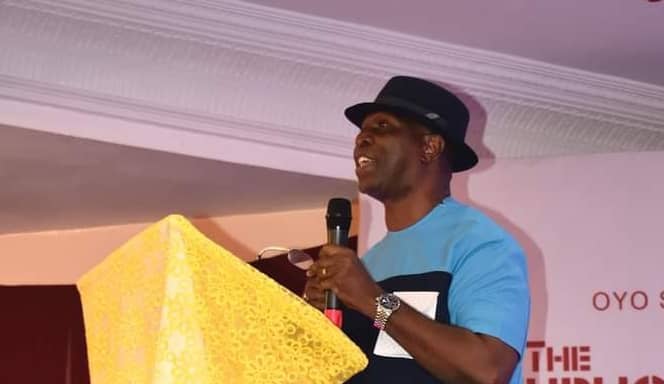During the 2015 electioneering, one key area of focus of the All Progressives Congress (APC), then the opposition party, was security. APC’s promise to tackle insecurity was premised on the fact that Muhammadu Buhari, its candidate, was an infantry military officer who rose through the ranks, commanded a couple of units and later became the head of state.
Buhari’s experience, some of his supporters argued, would just be enough to take the country back from the terror of the Boko Haram insurgency.
Although there were some notable actions upon assuming office in 2015 — like moving a military command to Borno state to respond directly to the insurgency — not much seemed to have been achieved with security for the past seven years of Buhari’s administration. While the north-east still battles with the insurgency, bandits and gunmen have been spreading their reign of terror across the north-west and other regions of the country.
The failure of security operatives to sustain peace in the country, it would seem, has cemented the growing confidence among the perpetrators of these violent crimes.
Advertisement
As things stand, many appear hesitant to risk their lives for false hope in the country’s security as they gradually opt for self-defence.
On Thursday, Babagana Monguno, the national security adviser (NSA), seemed to have confirmed this.
“Nigerians are tired of the country’s worsening insecurity and are gravitating towards self-help,” Monguno had said, after a security council meeting with the president.
Advertisement
The comment of the former chief of defence intelligence would add to the widespread fears of a lack of faith in security operatives when he said “fighting this type of asymmetric conflict is a collective effort. It’s not something that should be confined to only the security, intelligence and law enforcement agencies.”
But Monguno is not the first to leap into the breach by calling for a “collective effort”.
Earlier in February 2021, Bashir Magashi, minister of defence, urged citizens to defend themselves in the face of growing banditry in parts of the country. He made the statement after bandits struck at the Government Science Secondary School, Kagara, Niger state, where they abducted more than 20 schoolchildren.
According to him, “running from minor things like that” is cowardice. Safety is not the concern of the military alone but of everyone.
Advertisement
“At times, the bandits will only come with about three rounds of ammunition. When they fire shots, everybody runs. In our younger days, we stand to fight any aggression coming for us,” the minister said.
Perhaps, the minister’s experience of self defence could be the reason for his long overdue charge.
Similarly, in August 2021, Aminu Masari, governor of Katsina, asked residents of the state to rise above meekness and defend themselves against bandits.
According to Masari, “it is the people’s meek submission that emboldens the bandits to continue with their heinous activities with murderous frequency. People must divorce their minds from the mistaken notion that security is the government’s sole responsibility alone.”
Advertisement
Like Magashi, Masari is not the only leader who shares the same sentiment of citizens contributing to their safety.
Bello Matawalle, governor of Zamfara, also asked residents of the state to defend themselves against bandits, saying his reason is in the interest of keeping people safe.
Advertisement
His fear is not far-fetched. TheCable reported that Zamfara is the state with the highest death toll in the country in 2021, with 703 deaths.
But it may not be the Zamfara statistics that triggered the nationwide call to self-arm. As much as 14 persons were killed every day in Nigeria in 2021, as revealed by TheCable index.
Advertisement

“Following the increase in the activities of bandits in various parts of the state and the government’s commitment to ensure adequate security and protection of lives and property of the citizenry in the state, particularly during this rainy season, the government has resolved to take further measures to deal with the recent escalating attacks, kidnapping and the criminal levies being enforced on our innocent communities,” the Zamfara government had said.
Advertisement
“The government has, henceforth, directed individuals to prepare and obtain guns to defend themselves against the bandits, as the government has directed the state commissioner of police to issue licenses to all those who qualify and are wishing to obtain such guns to defend themselves. Government is ready to facilitate people, especially our farmers, to secure basic weapons for defending themselves.”
Even some clerics do not see anything bad in asking their people to defend themselves.
Enoch Adeboye, general overseer of the Redeemed Christian Church of God (RCCG), on July 2, encouraged his members to toe the line of self defence.
According to him, the Bible has nothing against “children of God” defending themselves against attacks.
Weeks before his statement, gunmen had stormed St Francis Catholic Church in Owo LGA of Ondo state, killing 40 persons including women and children during a mass celebration.
The gunmen were said to have detonated explosives after which they proceeded to fire several shots at the congregation.
While the country keeps recording more attacks, many wonder if self-defence is the way to go.
Sani Usman, a former spokesperson of the Nigerian army, is in support of self defence but does not buy the idea of guns to implement it.
“It all depends on your definition, understanding and magnitude of self-defence,” he told TheCable in a telephone interview.
“There is nothing wrong with anyone defending himself or herself from any harm or aggression. However, please do not mistake this concept with the recent call by the Zamfara state governor in which he asked citizens to buy arms to defend themselves against terrorists, kidnappers and bandits.”
Usman argued that this will rather encourage the war economy and conflict entrepreneurs who can afford to buy such weapons for business purpose by offering loans at high-interest rates to those interested. This, he said, is also counter-productive.
“As we all know, what fuelled the conflict further is the proliferation of illegal weapons in the country which the government is trying hard to mop. It is also encouraging militarisation of the society, thus shutting doors of other conflict resolution mechanisms,” he said.
Proffering a solution, the retired general said the government needs to rise to its responsibilities.
“The best way is for the government to be alive to its statutory responsibility of protecting the lives and properties of Nigerians, improve good governance and enhance the well-being of the people. We should also stop the polarisation of security issues in this country and have a holistic approach towards the resolution of the various security challenges,” he added.
One thing the security expert makes clear is that guns among the people means trouble.
Add a comment






